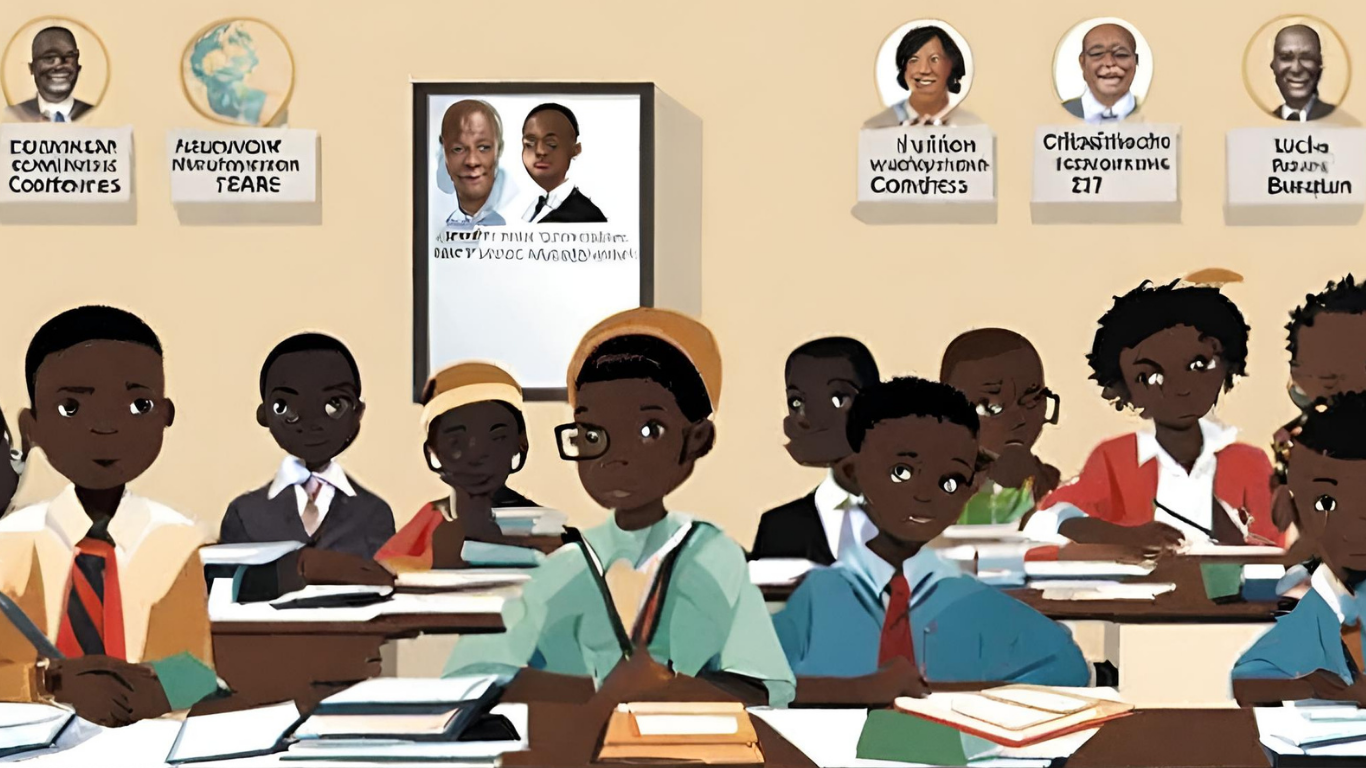In the ever-evolving landscape of Africa’s educational sector, conferences have emerged as pivotal platforms for driving innovation, collaboration, and progress. These gatherings serve as catalysts for transformative change, bringing together educators, policymakers, researchers, and stakeholders to exchange ideas, share best practices, and envision the future of education on the continent. In this comprehensive guide, we explore the profound impact of education conferences in shaping Africa’s future, highlighting key events, trends, and strategies that are revolutionizing the educational landscape. The Role of Education Conferences in Shaping Africa’s Future.
Table of Contents:
- The Evolution of Education Conferences in Africa
- Exploring Education Conference Themes and Topics
- Leading Education Conferences Shaping Africa’s Future
- Success Stories and Impact of Education Conferences
- Challenges and Opportunities in Education Conferencing
- Strategies for Maximizing Participation and Engagement
- Empowering Education for a Brighter Africa
The Evolution of Education Conferences in Africa: Education conferences have undergone a remarkable evolution in Africa, reflecting the continent’s commitment to improving educational outcomes and fostering lifelong learning. From traditional teacher training workshops to interdisciplinary symposiums on 21st-century skills, these conferences have evolved to address the diverse needs and challenges of Africa’s education system.
-
Exploring Education Conference Themes and Topics
Education conferences in Africa cover a wide range of themes and topics, including:
- Curriculum Development and Reform: Discussions on designing relevant and inclusive curricula that prepare students for the demands of the future economy.
- Educational Technology and Innovation: Exploring the integration of technology in teaching and learning, and showcasing innovative tools and platforms that enhance educational outcomes.
- Teacher Professional Development: Sessions on effective teaching practices, teacher training programs, and strategies for supporting educators in their professional growth.
- Access and Equity: Addressing disparities in access to quality education and promoting inclusive policies and practices that ensure educational opportunities for all.
- Lifelong Learning and Adult Education: Recognizing the importance of lifelong learning and providing opportunities for adults to acquire new skills and knowledge throughout their lives.
-
Leading Education Conferences Shaping Africa’s Future
Several prominent conferences are playing a significant role in shaping Africa’s educational future, including:
- Africa Education Summit: This summit brings together education leaders, policymakers, and industry stakeholders to discuss strategies for improving educational outcomes and fostering innovation in the sector.
- Pan-African Literacy Conference: The conference focuses on promoting literacy and lifelong learning initiatives across Africa, with a particular emphasis on addressing literacy challenges and promoting reading culture.
- STEM Education Conference: This conference explores strategies for promoting science, technology, engineering, and mathematics (STEM) education in Africa, to equip students with essential skills for the future workforce.
-
Success Stories and Impact of Education Conferences:
Education conferences in Africa have led to numerous success stories and tangible outcomes, including:
- Policy Reforms: Conferences have influenced education policy reforms, leading to the adoption of new curriculum frameworks, teacher training programs, and funding initiatives.
- Innovation in Teaching and Learning: Educators have implemented innovative teaching methods and educational technologies showcased at conferences, resulting in improved student engagement and learning outcomes.
- Collaboration and Networking: Conferences have facilitated partnerships and collaborations between educational institutions, government agencies, NGOs, and private sector organizations, fostering knowledge exchange and resource sharing.
-
Challenges and Opportunities in Education Conferencing
While education conferences in Africa have made significant strides, they also face challenges such as:
- Limited Funding: Many conferences struggle to secure adequate funding and resources to cover expenses such as venue rental, speaker fees, and marketing.
- Accessibility and Inclusivity: Some conferences may be inaccessible to educators from underserved communities due to factors such as location, cost, and language barriers.
- Sustainability and Impact: Ensuring that conferences have a lasting impact beyond the event itself requires ongoing support, evaluation, and follow-up activities.
However, these challenges also present opportunities for innovation, collaboration, and partnership to address critical issues and promote a more inclusive and sustainable educational ecosystem in Africa.
-
Strategies for Maximizing Participation and Engagement
To maximize participation and engagement in education conferences in Africa, organizers can implement various strategies, including:
- Offering virtual attendance options and live streaming sessions to reach a wider audience.
- Providing scholarships or discounted tickets for educators from underserved communities, thus promoting inclusivity.
- Incorporating interactive formats such as workshops, panel discussions, and networking events to stimulate active participation and collaboration.
- Leveraging social media and digital platforms to promote the conference, foster engagement, and facilitate networking opportunities before, during, and after the event.
Empowering Education for a Brighter Africa Education conferences in Africa play a crucial role in empowering educators, fostering innovation, and driving positive change in the educational sector. By providing a platform for collaboration, knowledge exchange, and advocacy, these conferences contribute to building a brighter future for Africa’s youth and advancing the continent’s development agenda. As we continue to invest in education and lifelong learning, let us harness the opportunities presented by education conferences to empower educators, inspire learners, and shape a brighter future for Africa. The Role of Education Conferences in Shaping Africa’s Future.

